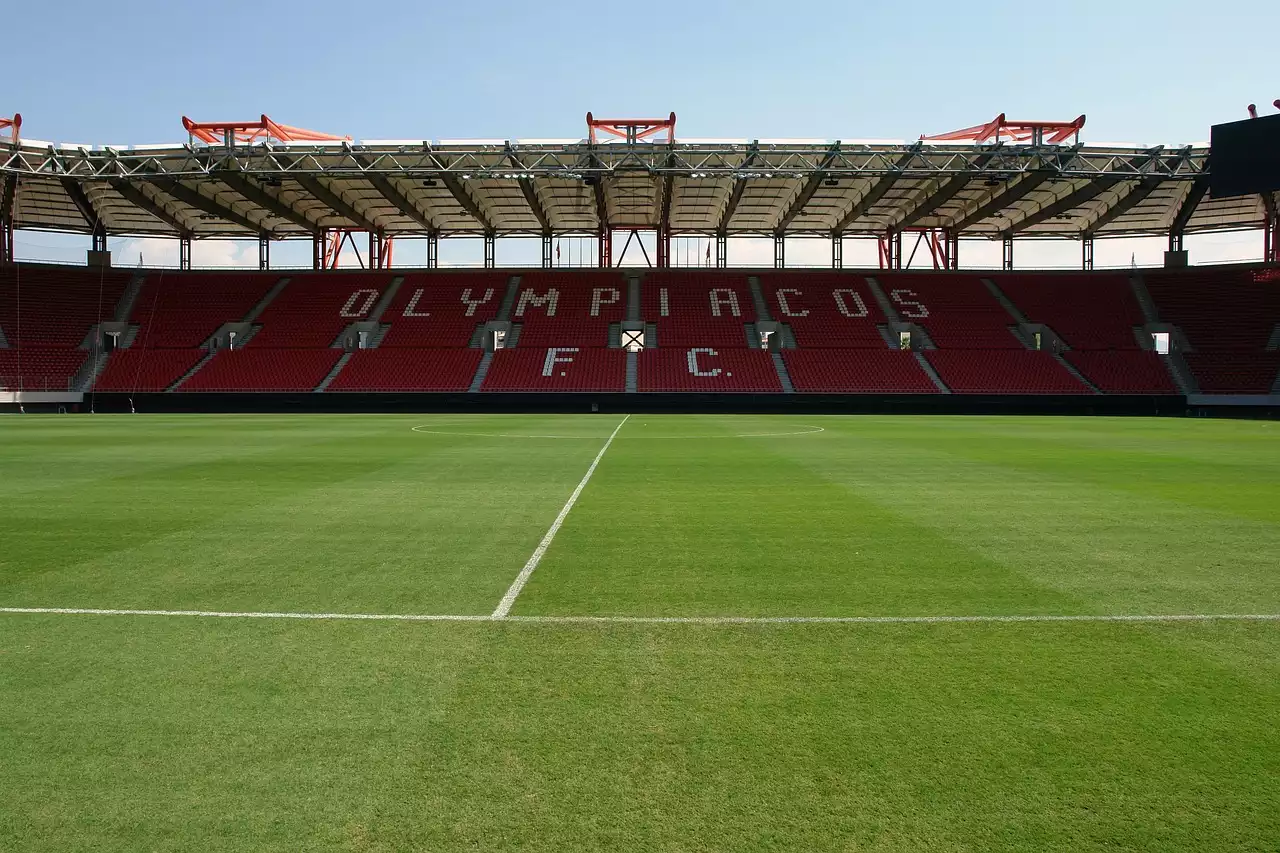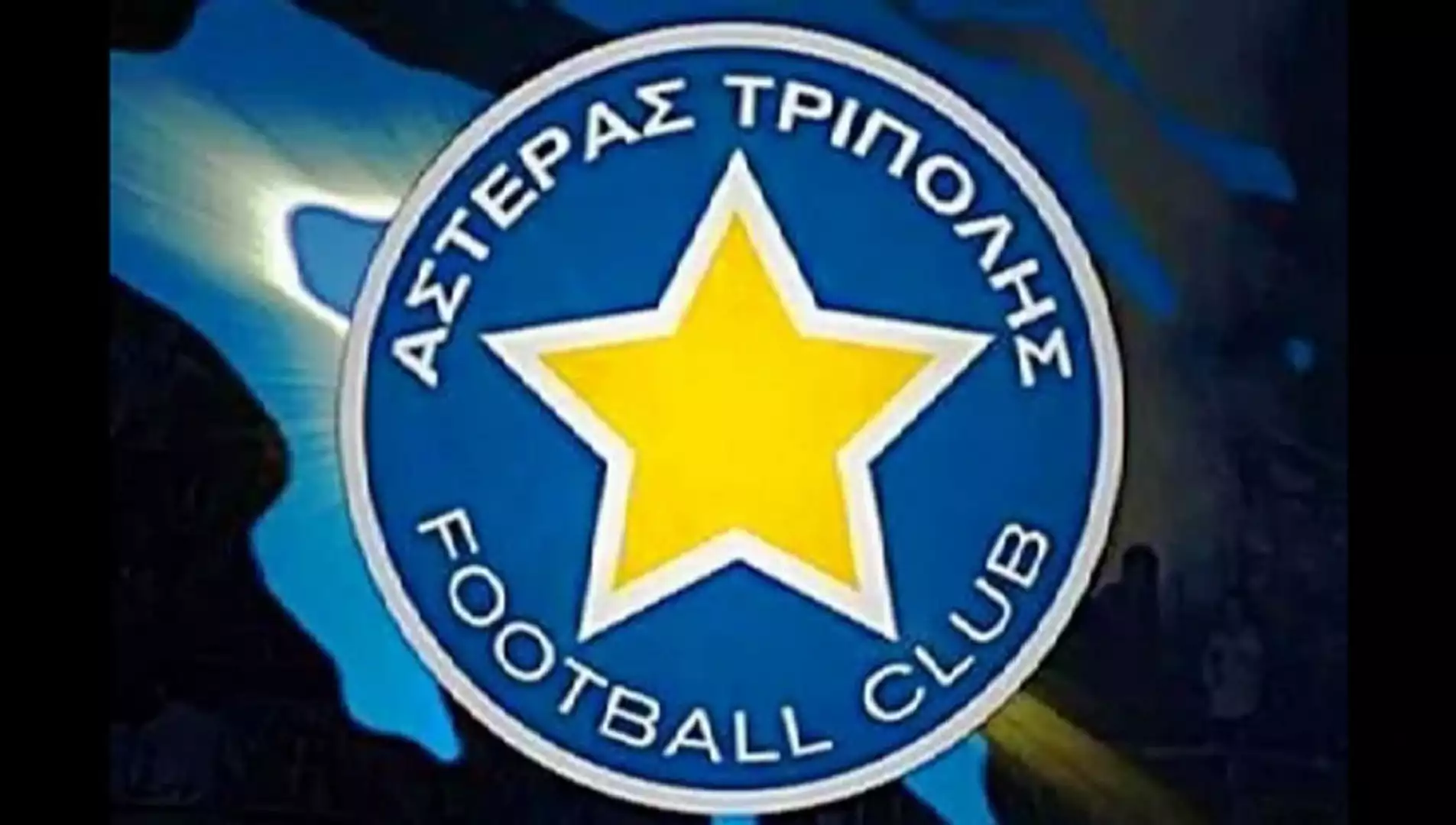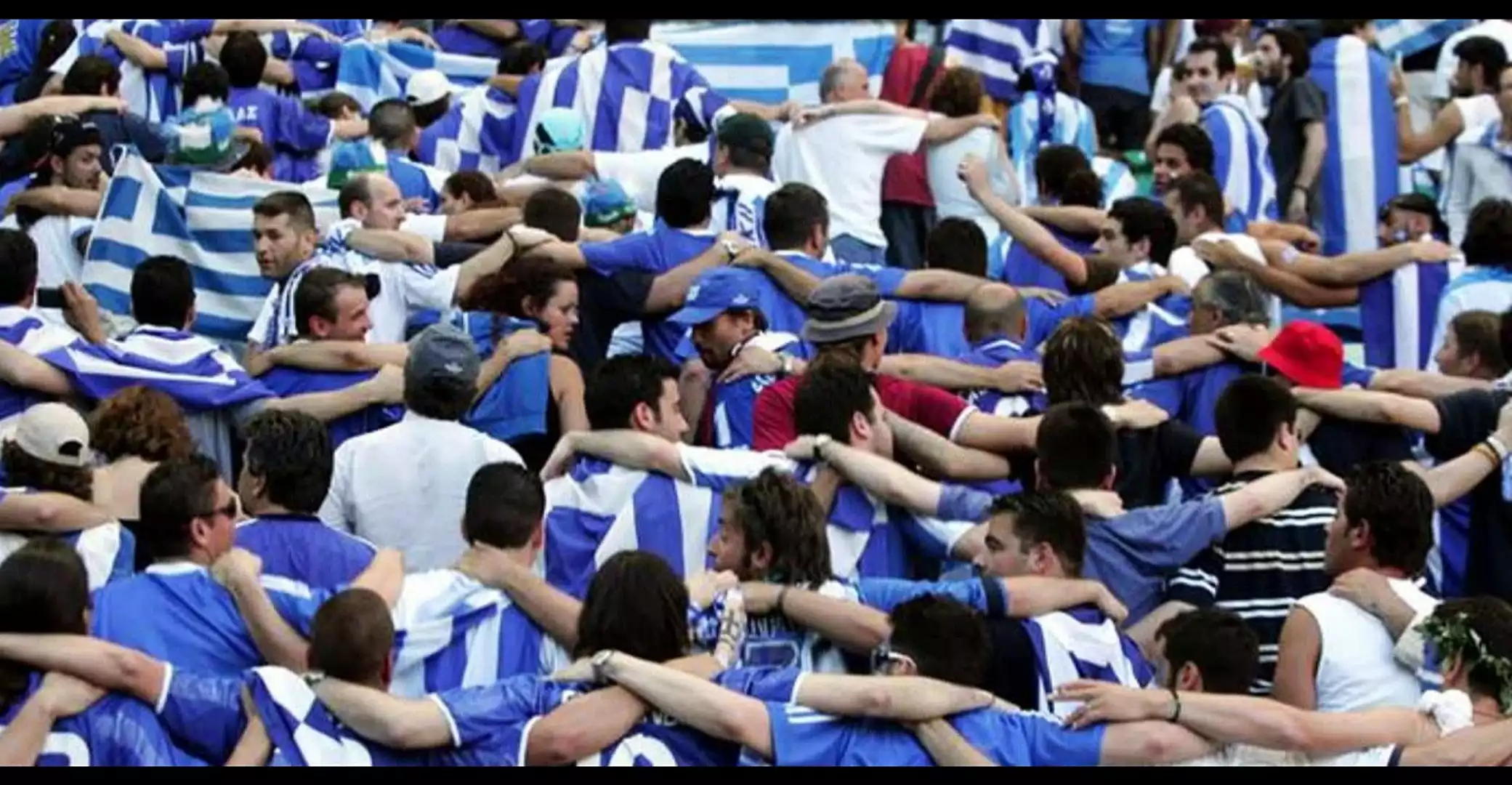The Financial Landscape of Greek Super League 1 Teams
Greek Super League 1 teams operate in a complex financial landscape, where success on the field is closely linked to financial stability off it. These teams are not just clubs but also business enterprises, and their financial strategies can make or break their chances of success. The financial landscape encompasses various aspects, including revenue sources, sponsorship deals, ticket sales, TV rights, and player transfers.
Greek Super League 1 teams rely on multiple revenue sources to sustain their operations. These sources include ticket sales, merchandise sales, broadcasting rights, and sponsorship deals. The revenue generated from these sources plays a crucial role in funding player salaries, transfers, training facilities, and other operational expenses. Successful teams have a diverse range of revenue streams, allowing them to weather financial uncertainties and invest in their long-term growth.
Revenue Sources for Greek Super League 1 Teams
Sponsorship deals form a significant part of the revenue for Greek Super League 1 teams. These deals involve partnering with various companies and brands that are willing to invest in the team's success. Sponsors provide financial support in exchange for exposure and brand association. The logos of the sponsoring companies are prominently displayed on team jerseys, stadium boards, and other promotional materials. These deals can be highly lucrative, especially when teams achieve success and attract a large following.
In addition to sponsorship deals, ticket sales and matchday revenue are vital sources of income for Greek Super League 1 teams. The number of tickets sold for each match can significantly impact a team's finances. Successful teams with a loyal fan base often enjoy high attendance rates, leading to increased revenue. Matchday revenue is not limited to ticket sales alone but also includes income from concessions, hospitality packages, and stadium advertising.
TV Rights and Broadcasting Deals
The broadcasting of Greek Super League 1 matches is another significant revenue stream for teams. TV rights deals are negotiated with broadcasting companies, who pay a substantial sum for the exclusive rights to televise the games. These deals provide teams with a reliable source of income and also help in expanding their fan base. Broadcasting deals not only generate revenue but also increase the visibility of Greek Super League 1 teams, both domestically and internationally.
Player Transfers and Their Financial Implications
Player transfers play a crucial role in the financial operations of Greek Super League 1 teams. Transfers involve buying and selling players between teams, often for large sums of money. When a player is sold, the team receives a transfer fee, which can be a significant source of income. Successful teams with talented players often attract the attention of larger clubs from more prominent leagues, leading to lucrative transfer deals. These transfers not only bring in money but also help teams strengthen their squad and improve their chances of success.
However, player transfers also come with financial risks. Investing heavily in player acquisitions can strain a team's budget, and if the players fail to perform, it can result in significant financial losses. Additionally, smaller teams often find it challenging to compete with financially stronger clubs when it comes to attracting top talent. This imbalance can further exacerbate the financial challenges faced by Greek Super League 1 teams.
Challenges and Obstacles Faced by Greek Super League 1 Teams
Greek Super League 1 teams face various challenges and obstacles in their pursuit of financial success. Economic instability, political uncertainties, and fan violence are just a few of the factors that can impact a team's financial stability. Economic downturns can lead to reduced sponsorships and decreased fan spending, putting teams in a precarious financial position. Political instability can also affect the business environment, making it difficult for teams to attract investors and secure sponsorship deals.
Fan violence is another significant challenge faced by Greek Super League 1 teams. Incidents of violence in and around stadiums can have severe repercussions, including financial penalties, reduced attendance, and damaged reputation. These factors can negatively impact a team's revenue and make it challenging to attract sponsors and investors.
Strategies for Financial Success in Greek Super League 1
Despite the challenges, Greek Super League 1 teams can employ various strategies to achieve financial success. Diversifying revenue streams by exploring new markets and expanding fan bases can help teams reduce their dependence on a single source of income. Investing in youth academies and player development can also prove beneficial, as it allows teams to groom young talent and potentially sell them for substantial transfer fees in the future. Developing strong relationships with sponsors and negotiating mutually beneficial long-term deals can provide teams with financial stability and growth opportunities.
Additionally, prudent financial management and cost control are essential for Greek Super League 1 teams. Maintaining a balanced budget, controlling player wages, and avoiding excessive spending on transfers can help teams avoid financial difficulties. Implementing strict financial controls and transparency can instill confidence in sponsors, investors, and fans alike.
The Future of Financial Stability in Greek Super League 1
The future of financial stability in Greek Super League 1 hinges on various factors. Continued economic stability, improved governance, and the successful management of fan violence are crucial for the long-term financial health of teams. Strengthening the league's brand and increasing its international appeal can help attract more significant sponsorship deals and increase broadcasting revenue. Collaborative efforts between teams, league authorities, and governing bodies can also lead to the creation of financial regulations that promote fair competition and ensure the financial sustainability of all teams.
The money matters of Greek Super League 1 teams are a fascinating and integral part of the beautiful game. The financial landscape, revenue sources, sponsorship deals, player transfers, and the challenges faced by these teams shape the course of Greek football. By adopting strategies for financial success and addressing the obstacles, Greek Super League 1 teams can pave the way for a more financially stable and prosperous future. As fans, we can appreciate not only the thrilling action on the pitch but also the intricate web of financial strategies that fuel the dreams of players and fans alike.










